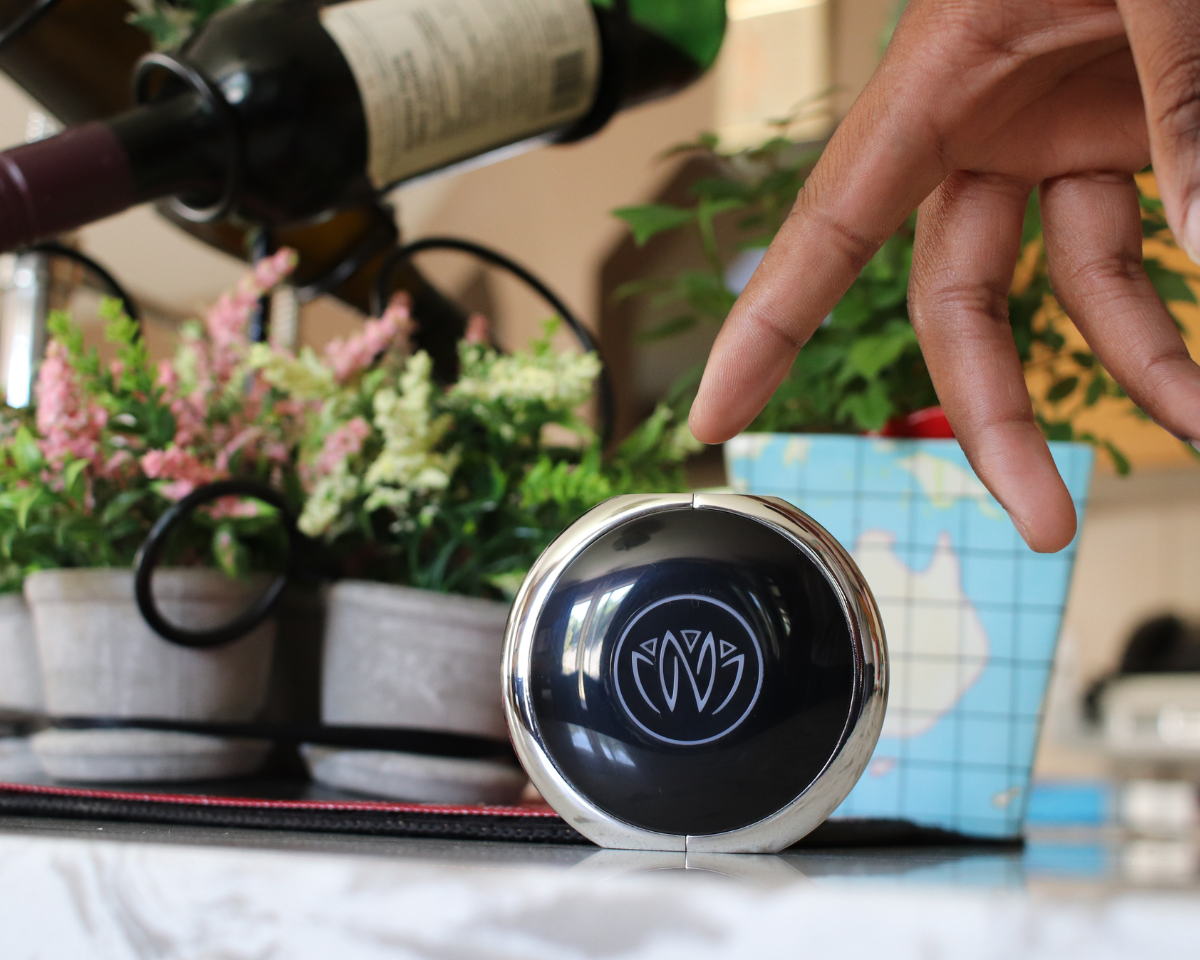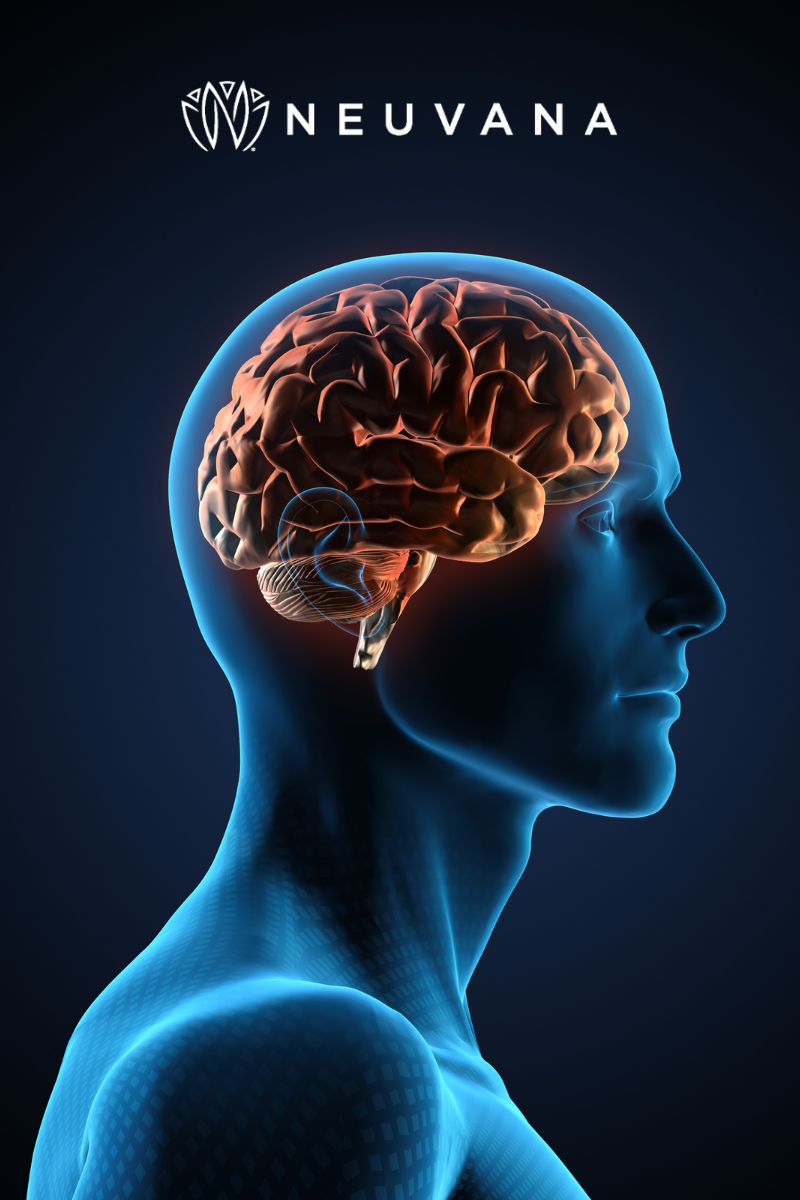Your Guide to the Best VNS Sleep Tech in 2026
In a world ruled by screens, notifications, and endless mental tabs, our nervous systems have learned to stay “on” even when we’re supposed to power down.
Remember when “going to bed” meant, well… sleeping? Yet here we are, lying in bed, scrolling and replaying awkward conversations from 10 years ago while our smartwatch tells us we’re “behind on recovery.” You’re not broken; your body’s just confused.
That’s why the best sleep tech of 2026 isn’t about tracking your sleep; it’s aimed at training your body and mind to relax before bed. From gentle Vagus Nerve stimulation to rhythm-based resonance tools, these devices help your system switch from “wired and tired” to “rested and recharged.”
What Technology Improves Sleep?
The secret behind some of today’s best sleep tech lies in Vagus Nerve stimulation. Ear-based tAVNS and neck-based nVNS devices deliver small, precise impulses that help your body’s natural relaxation system — regulating stress, slowing your heart rate, and promoting deep, restorative sleep.
Let’s explore the top three best sleep tech devices designed to help you drift off naturally and wake up in a good mood.
1. Ear-Based Electrical Stimulation (Classic tAVNS)
Ever wish your brain came with an “off” switch? These small yet powerful earbuds can be the next best thing. Ear-based transcutaneous auricular Vagus Nerve stimulation (tAVNS) gently sends tiny electrical pulses through the ear to stimulate the Vagus Nerve, your body’s built-in “calm switch.”
As a result, your system shifts from fight-or-flight to rest-and-digest, setting you up for deeper, higher-quality sleep. tAVNS devices like Xen by Neuvana are supported by research from major institutions and clinical partners.
- 100% of users reported better sleep scores (study data cited).
- 80% felt calmer and more emotionally balanced after regular use.
- Research shows improvements in mood and anxiety control.
- You might fall asleep mid-session (it includes a timed shut-off).
- Your partner might “borrow” it permanently.
- The biggest risk? Getting too good at bedtime.
Xen by Neuvana — one of the best Vagus Nerve stimulation devices for sleep — offers:
- Direct stimulation to help reset your Vagus Nerve and sleep patterns.
- Syncs with soothing app programs for stress and focus.
- Supported by years of neurological research.
- Designed for short 15-minute pre-sleep sessions.
2. Neck-Based Electrical Stimulation (Cervical nVNS Devices)
If you prefer something that doesn’t sit in your ears, neck-based devices use gentle electrical pulses to target the Vagus Nerve through the side of your neck. They’re great for calming down after long, stressful days and often include preset “Sleep Modes.”
Pros:
- Convenient, rechargeable, and often hands-free.
- Great for those seeking a wearable device for sleep.
- Helps relieve tension and restlessness before bed.
Cons:
- Placement matters — miss the spot and it’s just a neck buzz.
- Slightly awkward to wear in public.
- Works best in a quiet, focused environment.
- Some require a conductive gel for proper function.
3. Vibrational & Resonance Devices (Non-Electrical Vagal Toning)
If “electrical” makes you flinch, vibration-based tools offer a gentler way to activate calm. They use rhythmic vibrations to help regulate breath, heart rate, and focus — like a mini biofeedback device you can hold or place on your chest.
Pros:
- Zero setup — no wires, apps, or learning curve.
- Feels soothing and grounding.
- Ideal for meditation or bedtime breathwork.
Cons:
- Results are slower and more subtle.
- Hard to know if it’s “working.”
- Doesn’t provide the same level of direct vagus activation as tAVNS.
Best Sleep Tech in 2026 Helps You Rest, Not Just Record
Most of us don’t need more data about how little we slept. We need tools that actually help our minds relax. The best sleep tech of 2026 teaches your nervous system how to restore balance on its own.
That’s what Vagus Nerve sleep devices like Xen offer: a natural way to reduce stress and prepare your body for real, deep sleep. Regular use helps tone the vagus nerve and improve parasympathetic activity (your body’s built-in “rest and digest” mode).
Beyond sleep, Xen users report clearer focus, steadier moods, and higher resilience against daily stress. So ditch the endless tracking, skip the midnight doom scrolling, and give your nervous system a little tech-assisted kindness.





